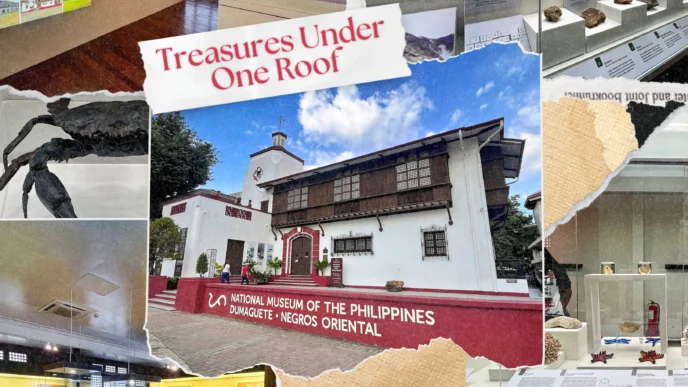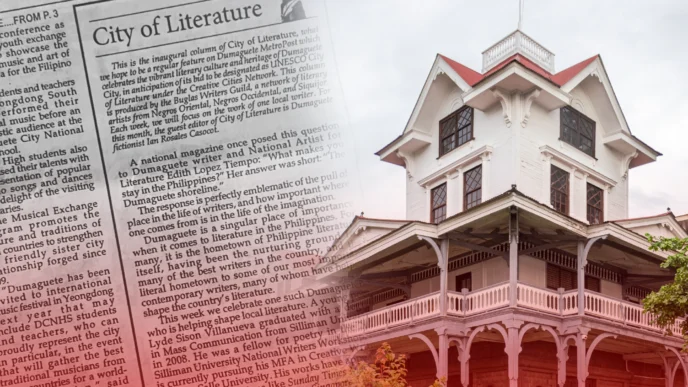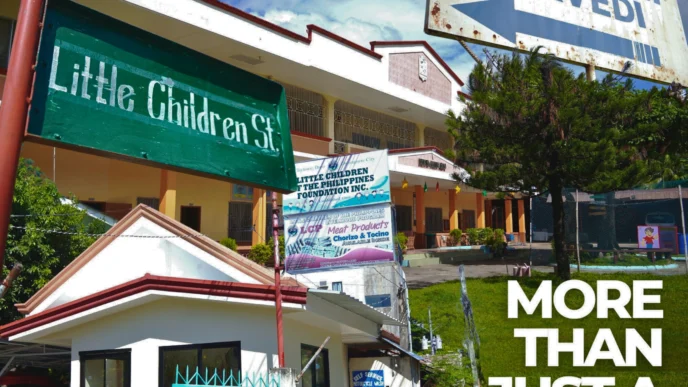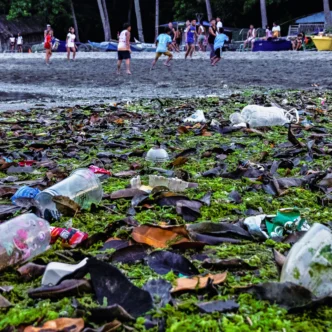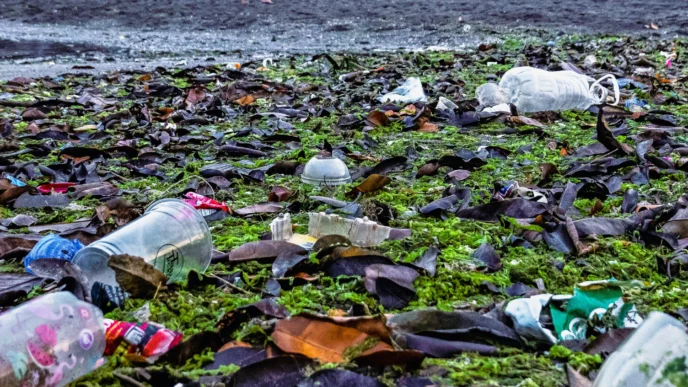By Alyanna Gabas and Yra Suarin
After the controversial arrest issued by the International Criminal Court (ICC), former Philippine President Rodrigo Duterte was strongly charged with murder as a crime against humanity.
The charges are based on his infamous “war on drugs” campaign during his terms as Davao City mayor and Philippine president.
The ICC Pre-Trial Chamber 1 found reasonable grounds to believe that Duterte is individually responsible, as an indirect co-perpetrator who allegedly committed the charges in the Philippines between Nov. 1, 2011 and March 16, 2019.
Duterte was arrested last March 11, 2025, following his arrival at the Ninoy Aquino International Airport from Hong Kong and was subsequently transported to The Hague, Netherlands.
He made his initial appearance before the ICC via video link from the ICC Detention Centre on March 14, 2025. During this hearing, the Chamber verified his identity and ensured he was informed of the charges and his rights under the Rome Statute.
The confirmation of charges hearing is provisionally scheduled to begin on Sept. 23, 2025.
The Chamber is composed of three distinguished international jurists with strong human rights backgrounds: Presiding Judge Iulia Antoanella Motoc, Judge Reine Adélaïde Sophie Alapini-Gansou, and Judge María del Socorro Flores Liera.
President Duterte’s Tenure
The ICC has identified a pattern of systematic attacks against civilians linked to the former president’s leadership.
As mayor of Davao City, Duterte allegedly oversaw the Davao Death Squad (DDS), implicated in numerous extrajudicial killings targeting suspected criminals.
This escalated nationwide with his tenure from 2016 to 2022, defined by his aggressive war on drugs campaign, which he asserted was essential to combat drug-related crimes.
According to official reports, there were 6,000 fatalities during anti-drug operations but human rights organizations combat this claim and present an estimated death toll as high as 30,000.
Many of these deaths were labeled as extrajudicial killings, with allegations that law enforcement conducted summary executions without due process.
Duterte’s administration consistently denied these claims, asserting that those killed had resisted arrest or posed threats to officers.
The case continues to draw global attention as the ICC moves forward with its proceedings, setting a precedent for holding high-ranking officials accountable for human rights violations.


